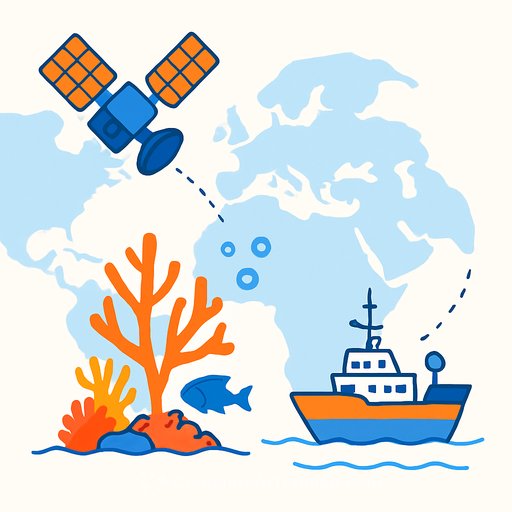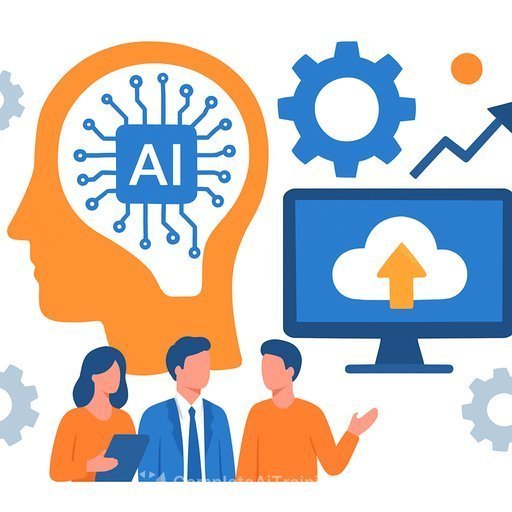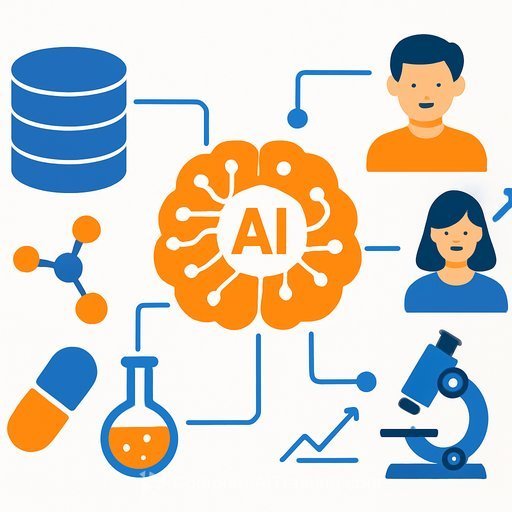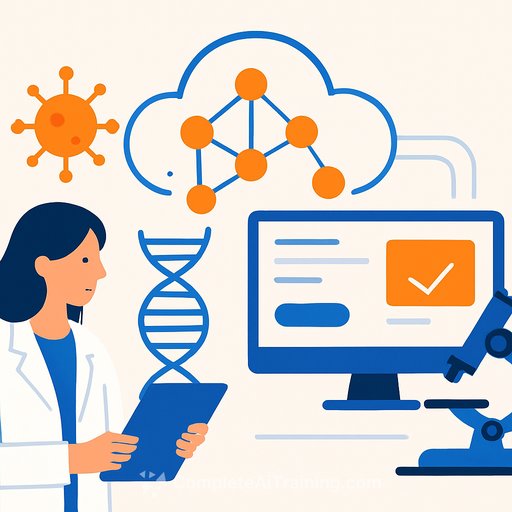AIMS AI Tech Boosts Pacific Coral Reef Monitoring
The Australian Institute of Marine Science is working with Pacific Island nations to modernize coral reef monitoring by pairing established survey methods with AI. For coastal communities that rely on reefs for food security and livelihoods, faster, consistent data means better decisions and more sustainable management.
ReefCloud: Faster, consistent reef assessments
ReefCloud-AIMS' open-source, AI-powered platform-speeds up coral reef assessments and automates reporting. It helps scientists and conservation teams translate survey data into timely outputs for policymakers and local managers. New features now in development integrate fish population data to widen ecological insights and support fisheries management.
Solving the distance problem
AIMS Research Team Leader Dr Manuel Gonzalez Rivero said remote Pacific reef systems make regular monitoring difficult. Limited resources and capacity mean streamlined workflows are essential to deliver science on time for management action. With support from Australia's Department of Foreign Affairs and Trade, the team is advancing the ReefCloud Pacific Program with partners across Micronesia, Melanesia, and Polynesia.
"We want to better understand their monitoring challenges and explore how tools developed and used in Australia can be shared and adapted to strengthen reef monitoring across the Pacific," he said. "Standardising data across nations and regions is also an important goal to develop a common understanding on the status and trends of coral reefs at management scales."
From field data to government action-fast
Sea Women of Melanesia director Naomi Longa used AIMS tools during a crown-of-thorns starfish outbreak and delivered findings to the Papua New Guinea Government within 48 hours. That kind of turnaround turns monitoring into real-time management.
Training that scales capacity
AIMS is supporting community-based management programs while building local capacity. The team hosted a regional workshop and a "training of trainers" program focused on coral reef monitoring and effective use of AI-assisted analytics.
AIMS ecologist Yashika Nand said 10 emerging leaders in reef monitoring completed the program and are now equipped to train others to use ReefCloud. "It covered everything to do with reef monitoring, starting with designing a monitoring plan to data collection and analysis," she said. "We helped the trainers develop a deeper understanding of using AI in coral reef science, and in interpreting and communicating results to drive meaningful change in management strategies."
- Designing and optimizing monitoring plans
- Standardized data collection across sites and teams
- AI-supported image analysis and quality control
- Interpreting outputs and communicating results for management decisions
What's next
The team plans to replicate the training program in 2026 to expand local expertise across the region. Participant Alifereti Tawake from the Locally Managed Marine Areas network said, "I'm excited to trial some of ReefCloud's latest tools with our communities and share feedback to make them even better."
Ms Juney Ward, Coastal and Marine Advisor from the Secretariat for the Pacific Regional Environment Programme, said it's a timely opportunity "to deliver actionable science, deepen understanding of coral reef resources, and enhance management efforts across the Pacific."
Why it matters
Faster, standardized monitoring supports better resource management, aligned with the Pacific Coral Reef Action Plan 2021-2030 and the ReefCloud Pacific Program. The focus is clear: get reliable data into the hands of local managers quickly so communities can protect the ecosystems they depend on.
Your membership also unlocks:






